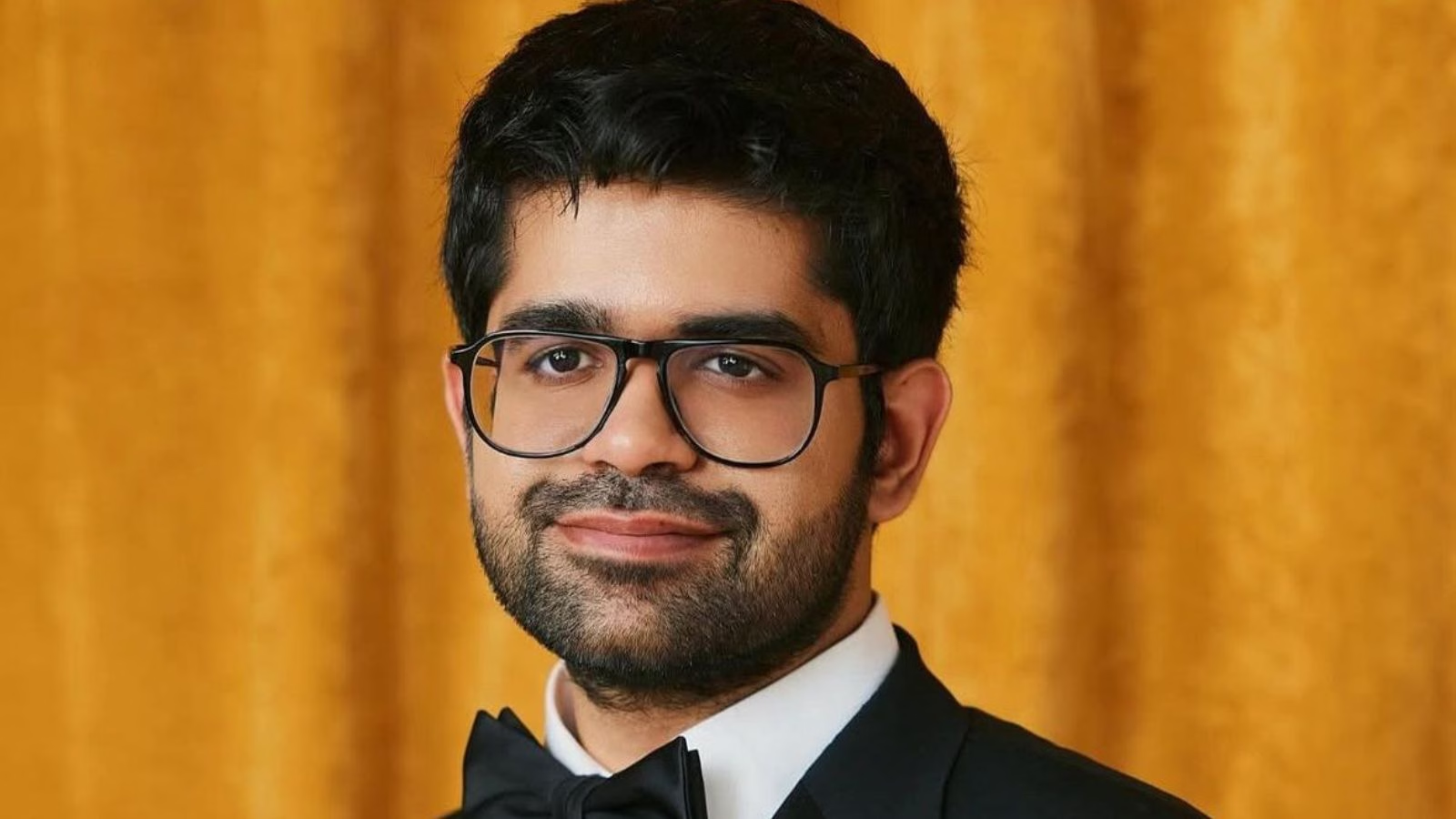Talks about talks
Even as more Hurriyat leaders are being released from jail, following a a first batch of three freed a few weeks ago, it is far from clear...

Even as more Hurriyat leaders are being released from jail, following a a first batch of three freed a few weeks ago, it is far from clear what the Centre intends to do. There is a vague sense that these moves are preparatory to holding talks about talks with the All-Party Hurriyat Conference but there is no indication at all of common ground on the basis of which talks can begin. Statements so far have been brief and cautious, calculated not to cause any misunderstandings on their own sides.
The government has let it be known it is willing to talk to anyone as long as it is within the parameters of the Constitution. This is the standard, safe formula. Hurriyat leaders, not wanting to give offence to Pakistan, insist on tripartite talks. There is not much mileage here. Some Hurriyat spokesmen claim not to have been given any clue to the government8217;s mind. There is speculation that the release of Hurriyat leaders is no more than an exercise in international public relations and that once the government has gone through the motions of trying to talk, it will revert to the pro-active law and order approach.
It is widely acknowledged that a political standstill in Jammu and Kashmir is not in India8217;s interest and that a way must be found to make democracy there more broadly participatory. The Kargil review committee, for instance, says, 8220;A comprehensive policy towards Jammu and Kashmir within a larger security framework is long overdue.8221; Key elements of the policy, according to the committee, should be good governance, rapid economic development and greater devolution to and within the state. Except for the extreme right of the political spectrum in India, there would be general agreement with these key elements. Building a consensus within Jammu and Kashmir or rather steering political differences into democratic channels is a pre-condition for any policy to work. Hence the need to bring round groups which have chosen to stay out of the election process.
Unfortunately, the Hurriyat itself is not the kind of formation that invites confidence across the negotiating table. It is hard to say whom or what this very mixed bunch of so-called parties represents. There are separatist, religious fundamentalist and pro-Pakistani groups among them as well as moderate elements. Some outfits are in a state of flux, making it impossible to gauge from one day to the next where they stand.
Hurriyat leaders first need to get their act together, to become cohesive and clear-headed. They are probably under pressure to try to find a united voice. If they fail to come up with political answers they risk being displaced by terrorist groups like the Harkat-ul-Mujahideen and the Lashkar-e-Toiba, which have had the run of the Valley, so to speak, while Hurriyat leaders were in Jodhpur jail. Hurriyat leaders have good reason to try to be more constructive than before; if they do, they must be encouraged to remain positive. Managing political discontent in Jammu and Kashmir is a tough and delicate task at any time. The government needs all the help it can get. It should seek the support of all political parties in Parliament in developing a comprehensive policy for Kashmir rather than leave openings for genuine misunderstandings or politically-motivated obstructive tactics.
- 01
- 02
- 03
- 04
- 05































